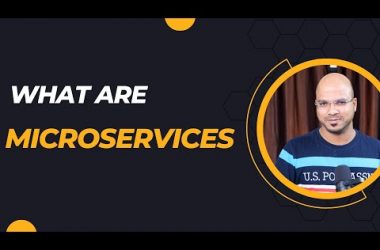In today’s digital age, selecting the right database technology is crucial for the success of any application. With a plethora of database options available, making an informed choice can often seem daunting. To aid in this decision-making process, IBM’s Jamil Spain provides valuable insights in a lightboard video where he outlines the top five differences between SQL and NoSQL databases, two of the primary categories of databases used in business and technology today.
SQL (Structured Query Language) databases, also known as relational databases, are known for their fixed schema and table-based structure. They are designed to handle complex queries and offer a high degree of consistency. These databases are ideal for applications where transactional integrity is critical, such as in banking systems or any application where precise data retrieval is crucial.
On the other hand, NoSQL (Not Only SQL) databases are more flexible in terms of database schema. This type of database is suitable for handling large sets of distributed data and is highly favored in applications that require rapid growth or databases that store unstructured data like social media platforms, real-time web apps, and big data analytics. NoSQL databases are designed to scale out by using distributed architecture, which can handle more data at a faster rate compared to traditional SQL databases.
Jamil Spain’s tutorial is aimed at shedding light on these differences to help viewers understand which database type might be more suitable for their specific needs, based on factors like data structure, scalability, speed, and the complexity of the operations involved.
For those looking to explore specific database solutions, IBM offers various resources and products. For example, those interested in NoSQL databases can find comprehensive guides and tools at [IBM’s NoSQL Guide](http://ibm.biz/nosql-guide). Additionally, IBM Cloud Databases for PostgreSQL presents a robust option for those who are looking towards SQL solutions. PostgreSQL is an advanced open-source relational database that offers an extensible system with strong consistency without sacrificing other aspects of system performance.









